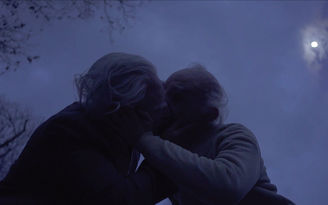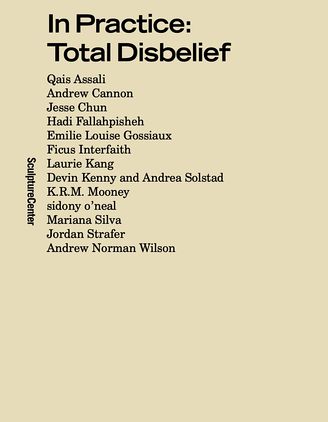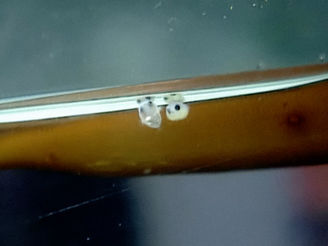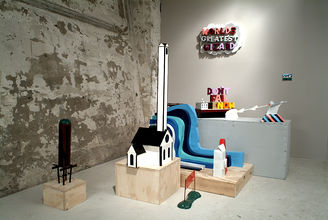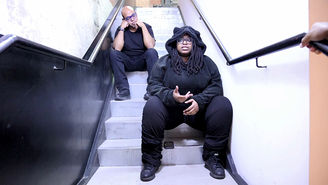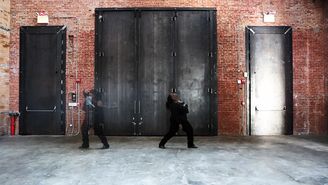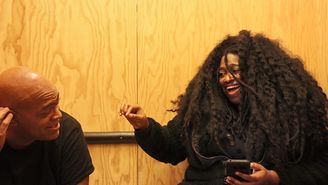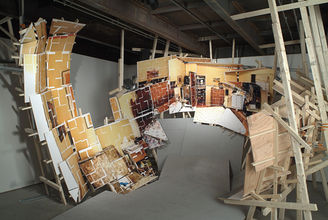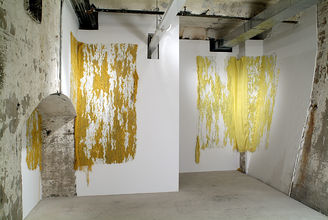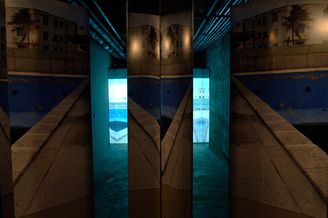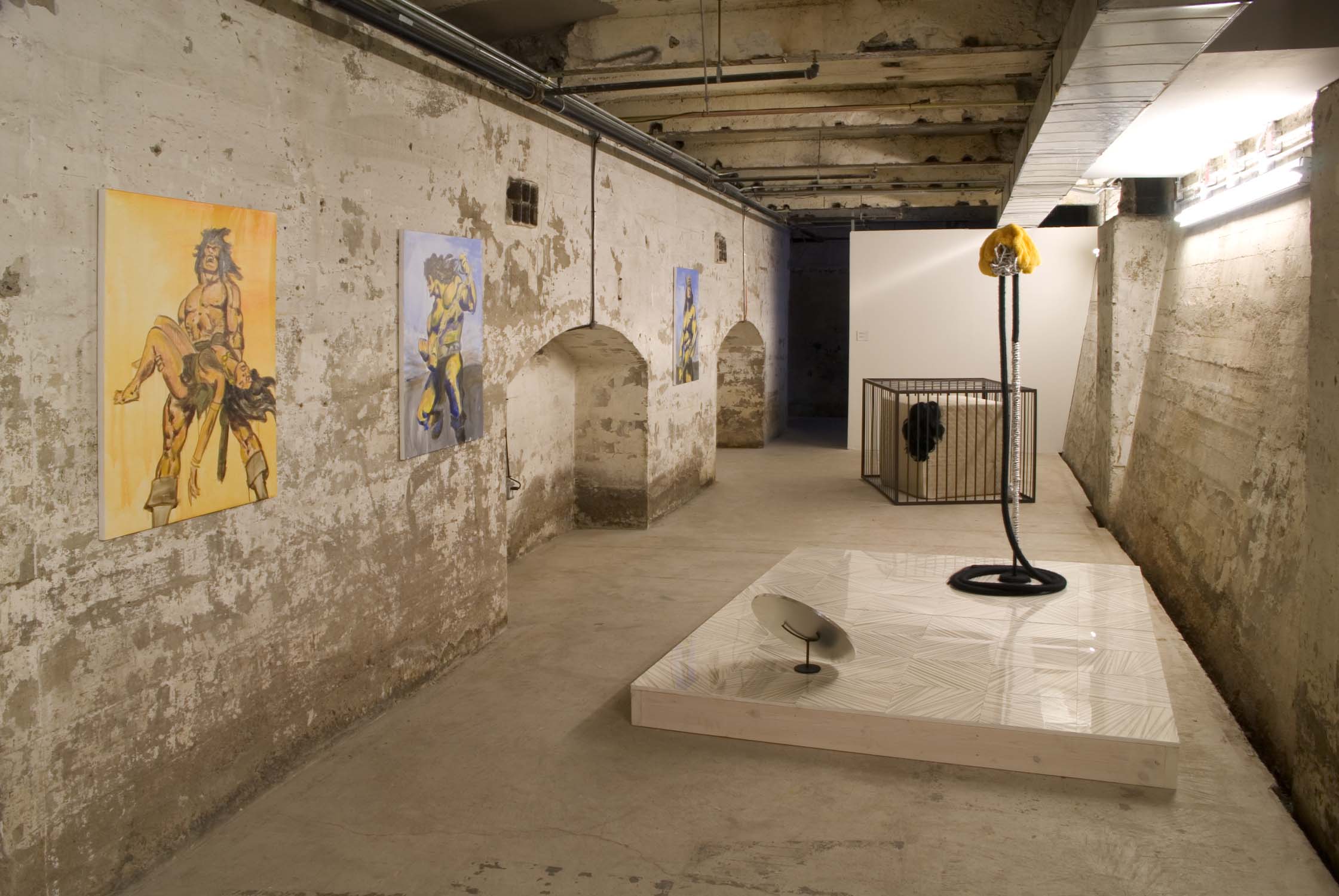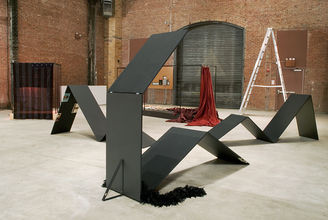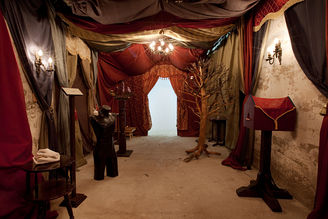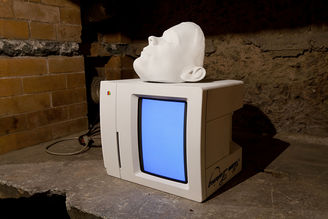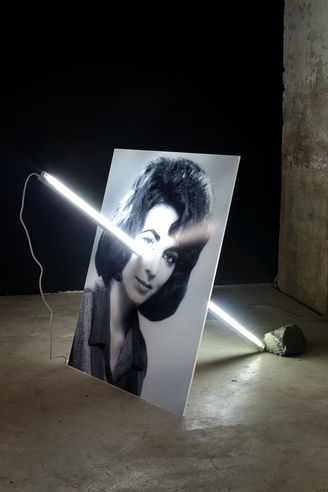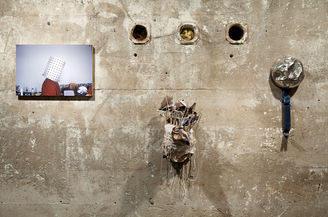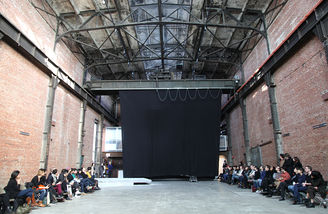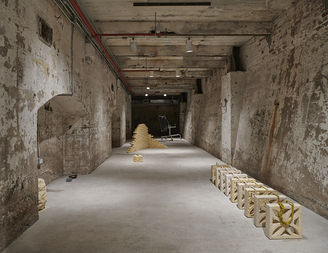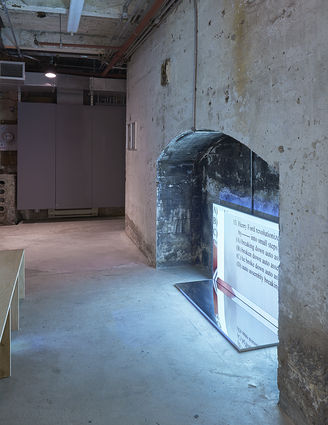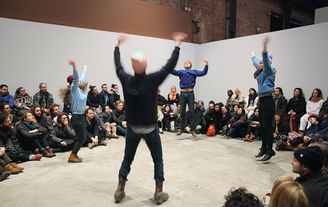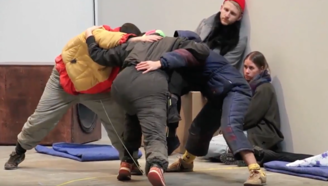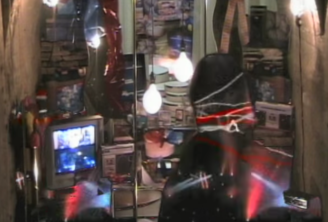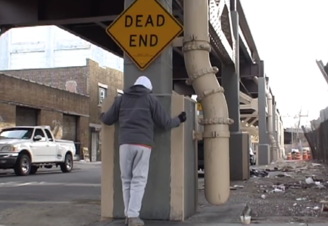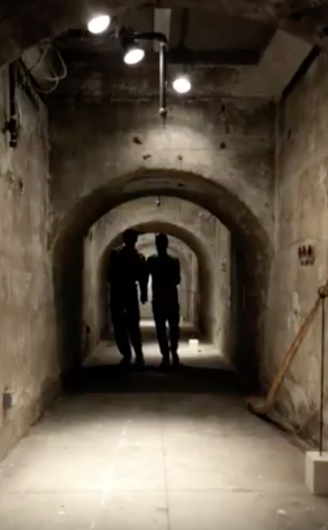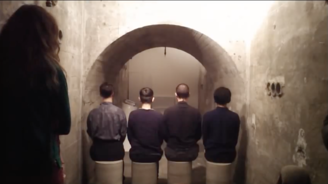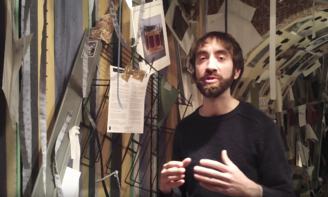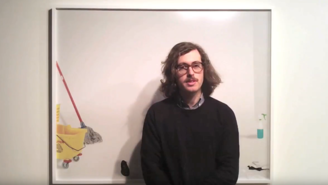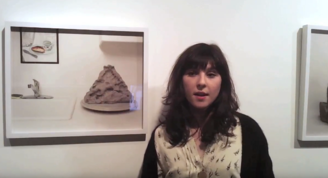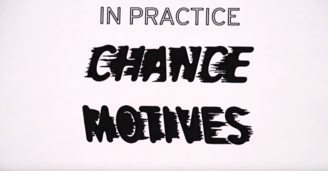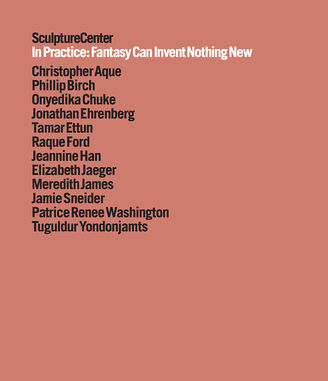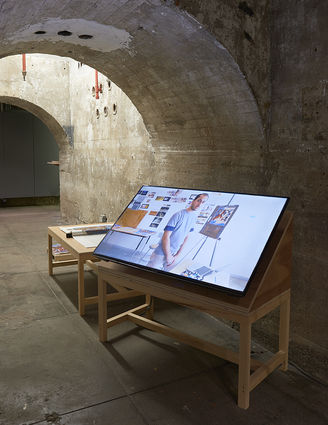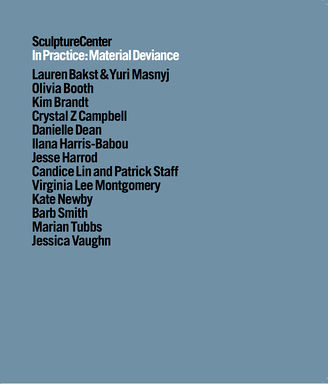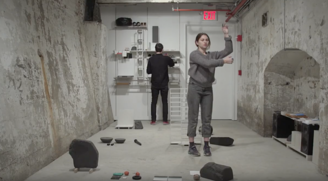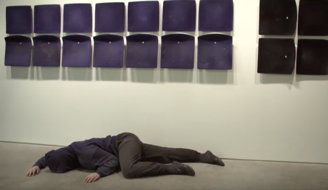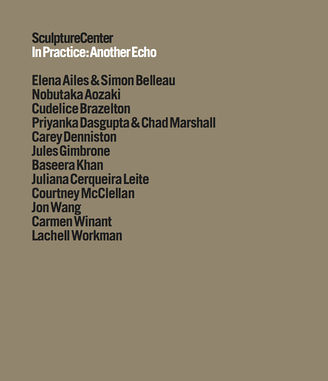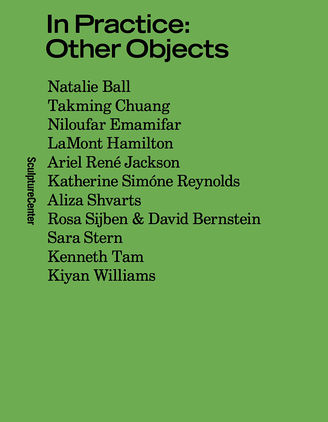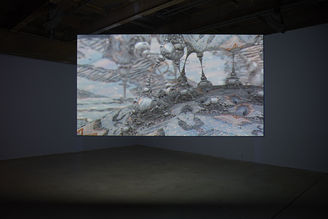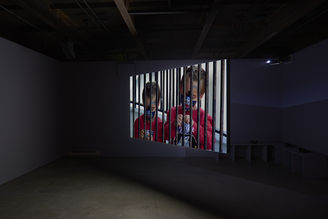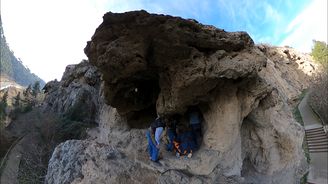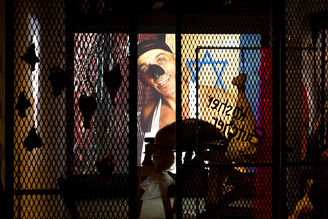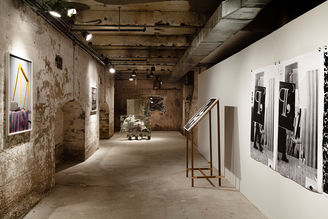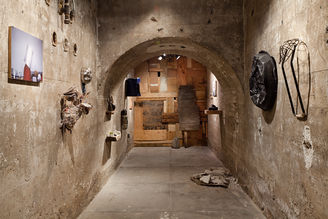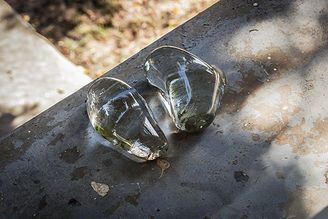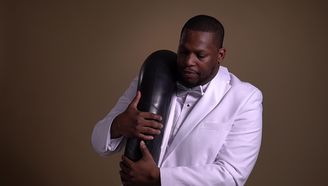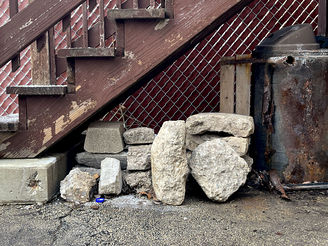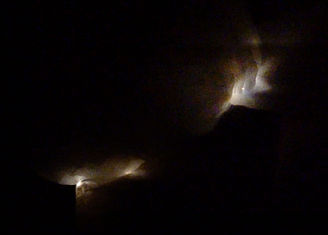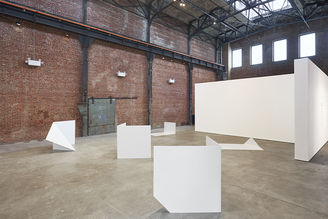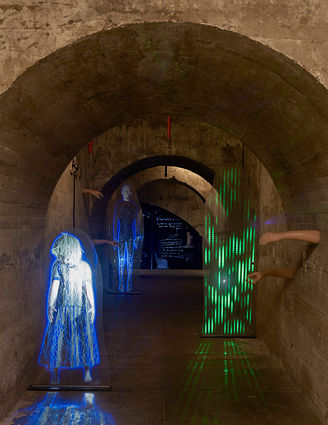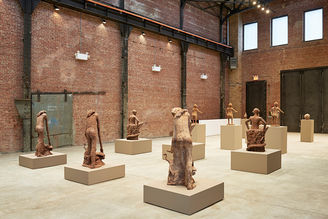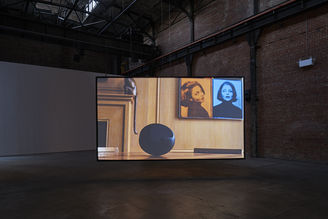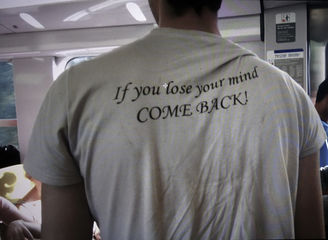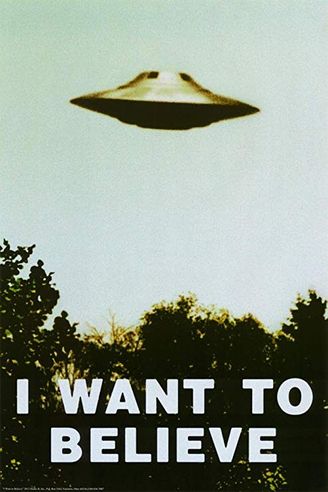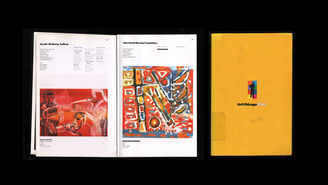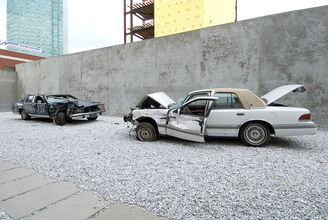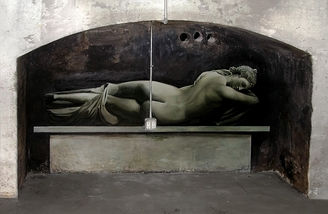Jordan Strafer: PEP (Process Entanglement Procedure)PEP (Process Entanglement Procedure) [Channel 2 of 2]
15:00
Jordan Strafer, PEP (Process Entanglement Procedure), 2019. Two-channel HD video, color, sound. 15:00 minutes. Courtesy the artist
Jordan Strafer's PEP (Process Entanglement Procedure) was exhibited at SculptureCenter as part of In Practice: Total Disbelief (2020).
Jordan Strafer’s PEP (Process Entanglement Procedure) is, among other things, a video about betrayal, the public nature of victimhood, and behavioral conditioning. Its narrative spreads across at least two related timelines. In the present, the video opens onto a witness testimony at a public hearing acted out by a plastic doll in glamorous closeups. Meanwhile, sequences shot to give a handheld, first-person perspective read as composed flashbacks of events described in the hearing. Notably, these sequences include the speaker’s compulsory attendance at a makeshift behavioral bootcamp in the woods at the behest of her two fathers, who later appear as villains in realistic rubber masks.
Strafer’s script borrows from recognizable formats of public address, like real courtroom testimonies, award speeches, and sources from psychoanalysis, Kafka, and animated films. The familiarity of this language makes these passages of text sound sensical despite frequent omissions, narrative gaps, and awkwardly elided or truncated phrases. Using this formal and stylistic approach to dialogue, Strafer stresses the reductive, often rote conformity required of a victim in order to be taken seriously and even perversely valued. She sets the video against the blank, skeptical pseudo-validation of public testimony and cross-examination, but integrates scenes that unsettle these straightforward proceedings. What may feel like singular violations of parental trust and devotion, threateningly unclear motivations, and unresolved dimensions of misogyny, humiliation, and dark humor instead prove to be collectively enabled, refined, and replicated in the civic structures meant to remedy them. As her testimony suggests, public tolerance for horror is high.
Written, Directed, and Edited by Jordan Strafer. Assistant Director: Zacry Spears; Director of Photography: Carl Knight; Additional Camera Operators: Zacry Spears, Marit Stafstrom; Score: Sharon Smith; Sound Mixer: Aron Sanchez; Actors: Chris Greco, Carl Knight, Zacry Spears, Jordan Strafer; Voice Actors: Jennifer Keister, CL Neal Props: Chloe Cerabona. Special Thanks: Glen Fogel, Lia Gangitano, Alexandro Segade, Bill Dietz.

